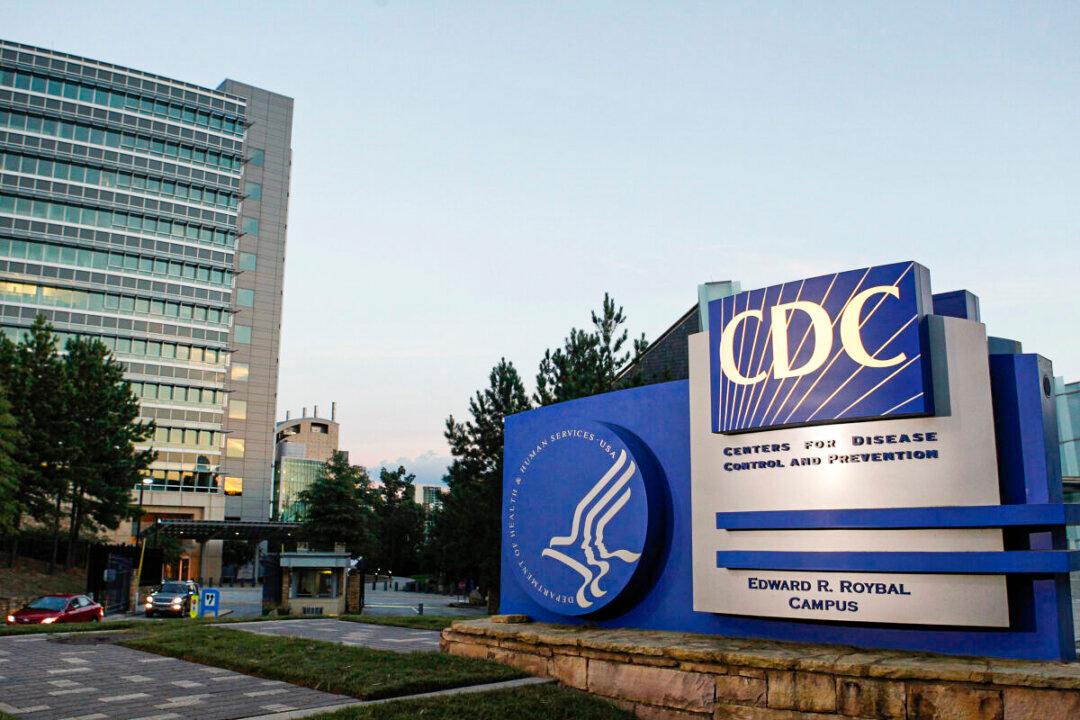In early 2020, when the public first learned that a novel virulent virus was making people sick in China and around the world, it made sense to institute public health measures to protect against it.
But, instead of encouraging doctors and scientists to look for ways to treat the virus and ways to keep sick people away from healthy people, as has been done during other pandemics in modern human history, government authorities actively prevented doctors from treating patients.






